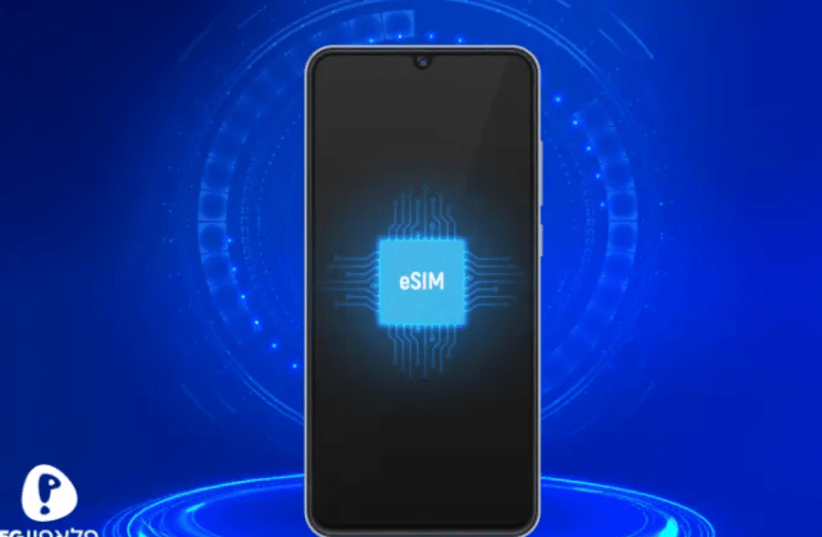Not fashionably late at all, Pelephone announced today (Sunday) that it is launching eSIM technology in Israel. Pelephone is the first among the major cellular operators to offer support for this technology, but we are likely to hear similar announcements soon from Cellcom, Partner, and Hot Mobile (Wecom has already been offering the service for quite some time).
eSIM technology allows users to do away with a physical SIM card and easily switch between cellular companies, as the SIM is already embedded in the smartphone and there is no need to purchase a plastic SIM from the cellular operator and wait for it to be delivered. Using the technology allows for smaller smartphones and better waterproofing and dust resistance.
How to switch from one operator to another with eSIM?
All that is required to switch between cellular operators with eSIM is scanning a QR code on the company's website, without the need to wait for a physical SIM card or call customer service and speak to company representatives.
The major cellular operators did not launch this technology in Israel, most likely to prevent easy switching of their customers between companies. Now, this barrier has been lowered as well. It is worth mentioning that until now, cellular operators offered the technology in smartwatches, and Pelephone also offered it to purchasers of global SIMs, which provide voice calls and data packages for traveling abroad.
The announcement by Pelephone does not just come out of nowhere, the launch comes as a result of a message last week from the Ministry of Communications, which is working to require cellular companies to activate eSIM services in the coming months. According to the Minister of Communications, Dr. Shlomo Karai, "The entry of eSIM into the Israeli telecommunications market will make it easier for our soldiers to communicate and move around without needing a physical SIM card. The move is expected to reduce the cost of abroad packages for every family, while providing the option to easily switch to another provider and a cost-effective package tailored to their needs."
Which smartphones support it?
Today there is already a respectable selection of smartphones that support eSIM, such as Samsung's flagship models (from the Galaxy S20 and its foldable smartphones, the Z series), as well as the iPhone models starting from the iPhone 11, the recently launched OnePlus 12 in the country, and the Xiaomi 13T (it is important to note that previous models from the 13 series supported eSIM in the country, but required changing the settings from Israel to another country, while the current model supports it without making any adjustments).
To mark the launch, Pelephone offers new subscribers to the fifth-generation route an eSIM benefit of up to 300 shekels for the purchase of international packages.
